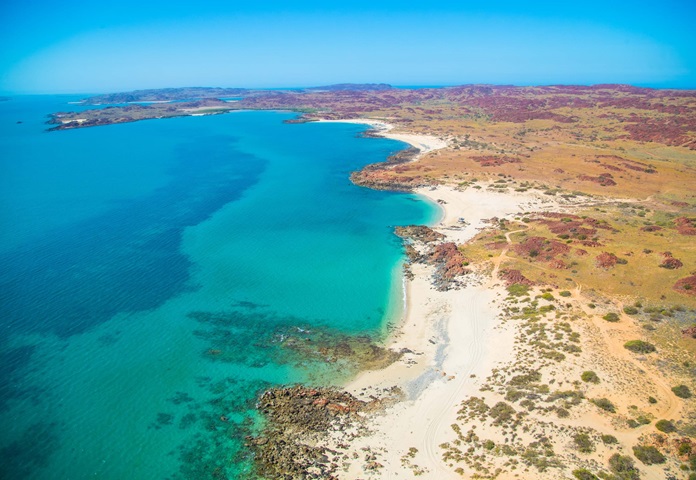

Human rights
Woodside conducts business in a way that respects the human rights of all people, including our employees, the communities where we are active, and those working within our supply chains.
On this page
Overview
IMPORTANT TOPIC
Woodside conducts business in a way that respects the human rights of all people, including our employees, the communities where we are active, and those working within our supply chains
Our business conduct is informed by the UN Guiding Principles on Business and Human Rights, which defines the accountabilities of governments in protecting human rights, and of business in respecting human rights.
Our performance
Our performance2
Our multi-disciplinary Human Rights Working Group met seven times during 2024. This working group reviews existing and potential human rights risks throughout the business or relevant to Woodside’s operations, whilst also sharing trends and lessons learnt.
Modern Slavery Statement
Supply chain
Supply chain
Managing security
Managing security

Case Study
Independent audit of fabrication yards
In 2022, we worked with one of our primary contractors for Pluto Train 2 to engage an independent auditor to conduct audits on two high-risk fabrication yards in Dubai, United Arab Emirates and Batam, Indonesia. In 2023, we received the report. Whilst modern slavery was not detected, the audit noted that management at the Dubai site retained the passports of foreign workers. Foreign workers, who were interviewed by the auditor separate to management, communicated that their passports were kept by management for safe keeping and that they were happy with this process. The contractor proactively addressed this audit finding by implementing a form for the worker to formally give their consent for their passports to be held (noting they would be returned whenever the employee requested). The contractor also provided a safe in each of the dormitories for those employees that preferred to keep their passports with them. This allowed the audit action to be closed out.
Related documents
Related documents


